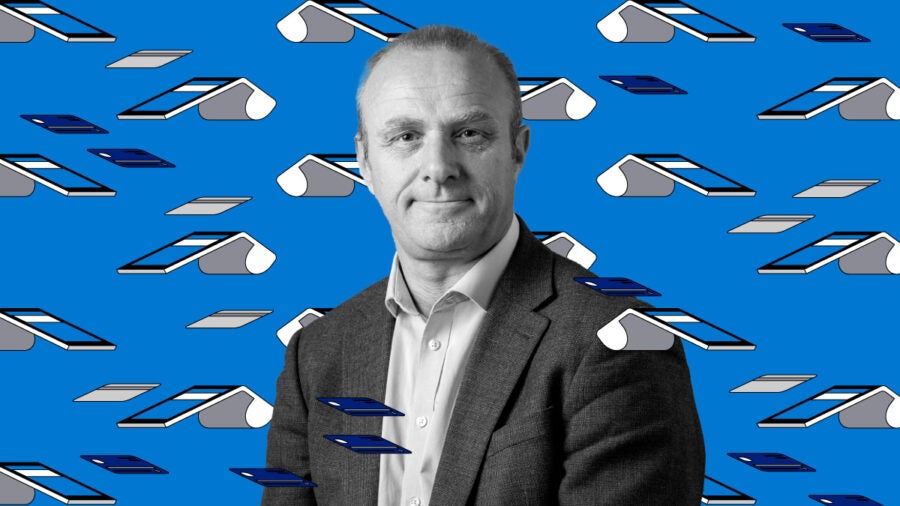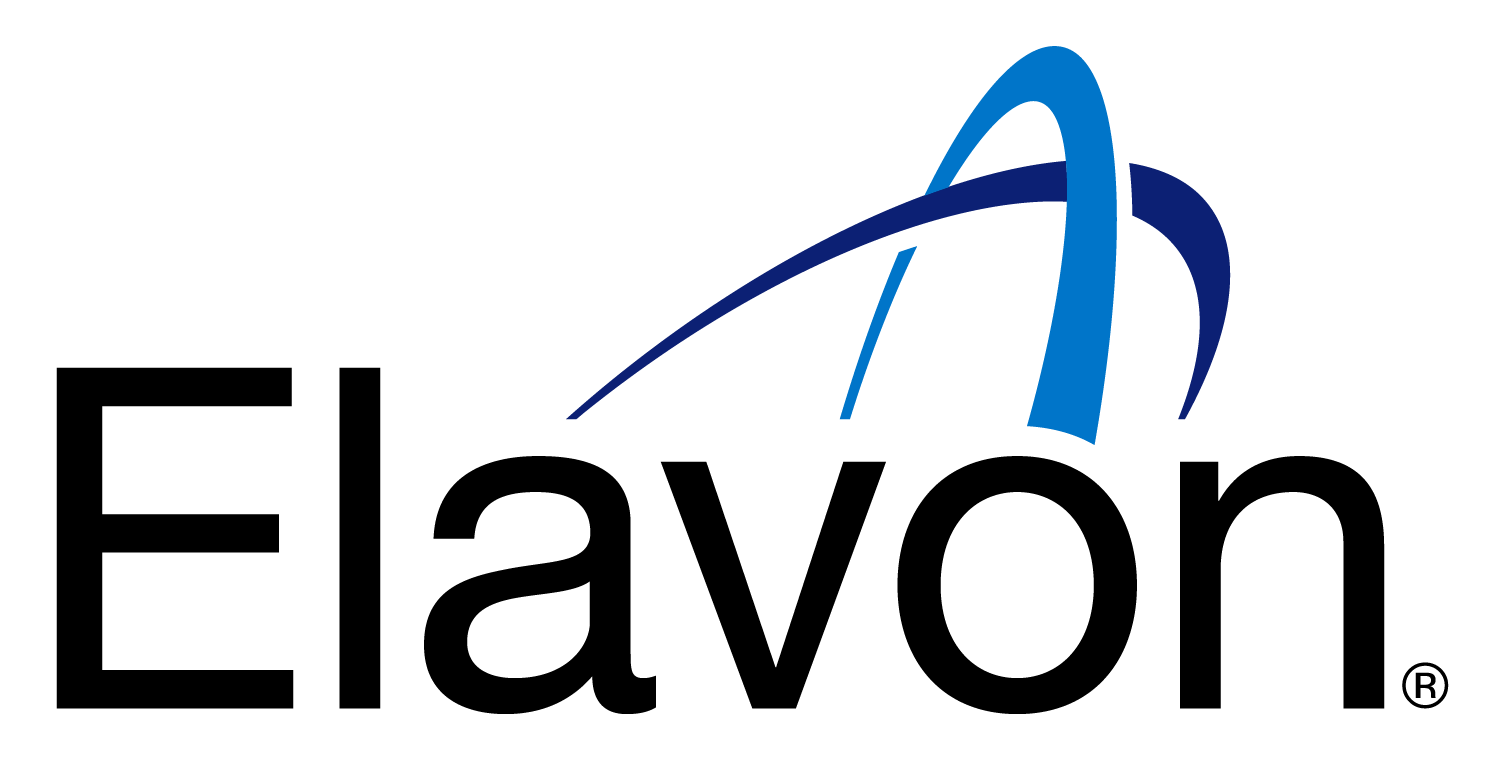
New regulations and compliance directives can often pose challenges for financial organisations who must implement new processes and procedures while keeping clients happy and informed.
The new Payments Systems Regulator (PSR) laid out directives in 2022 making it mandatory for 14 of the largest acquirers in the UK to create a level playing field. Those acquirers now have to provide much more transparent pricing and be clearer about the contracts they offer. Card transaction processor, Elavon, used the change to take customer service to a superior level.
At the same time as the PSR was introducing its new regulation, the Financial Conduct Authority (FCA)’s new Consumer Duty came into force for new and existing products and services in July 2023. It applies to all regulated financial firms in the UK, including acquirers, with the aim of providing greater protection to consumers. Companies must now put consumers’ interests at the heart of everything they do, selling the best, most suitable product. Elavon was confident it was already doing this, but brought together a team to make sure it was meeting the new demands.
Simon Tune, commercial director at Elavon Europe, says: “We were aware there was change coming, but we weren’t aware of the specific remedies they were going to be asking for and the scale of the work that was required within a relatively short time. It could have potentially been disruptive if we’d approached it in the wrong way.
“If you take each regulation literally at its word and deliver just on what they’re asking for, you’ve missed the point of what the regulator is trying to achieve – in this case, improving transparency of information across the industry so that customers can make better informed choices.”
Multidisciplinary approach
Elavon’s starting point was to pass ownership of regulation delivery to customer-focused people from various departments, rather than simply handing it over to compliance. This ensured that changes were shaped by those who understood the customer experience, as well as the reasons behind the regulations.
We delivered what was required of the regulators and used the changes to improve what we were offering our customers
“We looked at the work that was required through the eyes of our customers and the intent of what the regulators were asking,” says Tune. “We didn’t just deliver on the minimum required to be compliant. We delivered what was required of the regulators and used the changes to improve what we were offering our customers.”
By clearly highlighting the benefits to customers and partners, Elavon was able to retain its contracts, despite the competition. Even though new PSR regulations meant that the duration of agreements that Elavon and its partners could sign with merchants was shorter, they chose to stay.
Tune says: “The PSR enforced this piece of regulation on 14 acquirers, and Elavon’s partners could have gone to number 15 on the list to carry on with their existing business model, but they didn’t because we did the right job of articulating the value of the changes to their business.
“We ensure that, for example, a small shop owner is always able to accept payments and people are not walking out of that shop because they can’t pay. If we stop and think about the core service that we provide and the dependency that millions of merchants have on us to make sure that their infrastructure is robust and always working – that’s the foremost service we’re providing.”
Transparency
Beyond making changes related to the new regulations, Tune says Elavon went the extra mile by embracing transparency; telling customers when they were coming to the end of their contract “front and centre”, rather than hiding it in small print. The goal, he explains, is to demonstrate the value that is offered to a customer, so that even though they’re aware their contract is ending, they do not seek an alternative partner.
“We started with a very promotional approach – please stay with us and we will give you X, Y and Z, but customers were not interested,” says Tune. “What they’re interested in is a true demonstration of value. So, we then implemented, ‘Your contract is ending, and can we just remind you that for 99.999% of the time you’ve been with us, our system has been working, it’s been available, it’s processed all the payments you’ve wanted to process, and we’ve settled all of those payments to you within the agreed time. That was the most successful renewal campaign we’ve ever had.”
Tune credits Elavon’s agility for the wider successes that stemmed from compliance. Viewing the regulatory demands as milestones within the broader spectrum of customer satisfaction – and letting the most appropriate people within Elavon drive the changes – was a breakthrough.
“It doesn’t matter where they sit, it doesn’t matter who they report to,” he says. “If you have the right skill set and can contribute to an objective, you’re in the room. What you then get is something that largely ignores hierarchy and functional silos. It’s a case of ‘we have a customer objective, and we have the right people’. When you have the technology people who physically write the code for the things that we want to do sitting next to the customer insights people, amazing things can happen.”
Elavon has invested heavily during the last two years to shape the organisation in this way, whereby small groups of people from various departments now own and work on certain objectives while also meeting their functional requirements.
Tune surmises: “It sounds like it should be an easy thing to do, but you’re talking about changing company culture. The regulations were just our start line – we will see how the market evolves and how our customers react to the different ways we’ve communicated. It naturally morphed from something we were told to do into a material investment and a change in the way we work, which will improve what we provide our customers and partners.”

New regulations and compliance directives can often pose challenges for financial organisations who must implement new processes and procedures while keeping clients happy and informed.
The new Payments Systems Regulator (PSR) laid out directives in 2022 making it mandatory for 14 of the largest acquirers in the UK to create a level playing field. Those acquirers now have to provide much more transparent pricing and be clearer about the contracts they offer. Card transaction processor, Elavon, used the change to take customer service to a superior level.
At the same time as the PSR was introducing its new regulation, the Financial Conduct Authority (FCA)’s new Consumer Duty came into force for new and existing products and services in July 2023. It applies to all regulated financial firms in the UK, including acquirers, with the aim of providing greater protection to consumers. Companies must now put consumers’ interests at the heart of everything they do, selling the best, most suitable product. Elavon was confident it was already doing this, but brought together a team to make sure it was meeting the new demands.






